Placesetting (Manong Plates)
Johanna Poethig2011 Installation of plates, bowls, mugs with historic images and poems relating to San Francisco's Chinatown and Manilatown. Variable dimensions. Courtesy of Johanna Poethig. Photograph by Bob Hsiang.
contributor
XJohanna Poethig
Johanna Poethig’s work crosses public and private realms. She studied at Jose Abad Santos Memorial City (JASMS) in Quezon City; the University of California, Santa Cruz; and got her M.F.A. at Mills College. She has exhibited her paintings, sculpture, public art works, murals, installations and video internationally. Poethig works with other artists, architects, planners, curators and communities on social and artistic interventions in our shared spaces. She produces and participates in performance events that mix feminism, global politics, cabaret, experimental music and video. Poethig is a professor at the Visual and Public Art department at California State University, Monterey Bay. She grew up in the Philippines and lives in Oakland, California.
Filipino food is my soul food. That is what I grew up eating. Every meal ends in my fingers. I grew up in Malate, downtown Manila, under the acacia tree that still stands. The year was divided up first into seasons of fruit and secondly into dry and rainy days. Mango season, santol season, sineguelas, lanzones, kamias, and the year-round papaya and bananas dipped in oil and brown sugar and barbequed. Mango season meant green mangos, crisp, white, sour and cut up in the latest fashion. I will not lie and say I eat balot. But I love pancit bihon, lumpia, sinigang and squid in ink and all things with patis, sour, soy sauce, vinegary and drenched in calamansi. As I designed the mural for the new I-Hotel, I read the poems by Al Robles and his times with the Manongs, eating, dancing, dreaming of lands I could also taste, smell and see. I had a vision of Placesetting. The tables of storytelling. A public art work for the personal everyday setting. The making of Placesetting was a labor of love. Researching and choosing the poems, the pictures and putting them together on the plates, bowls and mugs. Like eating, it was an everyday ritual and deeply satisfying.
Placesetting combines the utilitarian objects of a table setting with the art, necessity, emotion and politics of creating home and community. Finding housing and creating a place to call home is particularly relevant in our current economic crisis, but it is also a common thread through all human experience. This project is specific to this site and the Chinatown and Manilatown communities. San Francisco’s culture is rooted in the many different peoples who have made their homes here, and the history and struggle associated with the International Hotel (I-Hotel) is just one example of the many individual and collective struggles behind that effort to find a “setting” place – a home.
The Placesetting exhibit offers “souvenirs” to display or to use, as works of art, as remembrances or as objects of curiosity. Images from the Manilatown Heritage Foundation’s Archival Project; poems of Al Robles, Serafin Syquia, Nancy Hom, Genny Lim and Oscar Penaranda; saved newspaper articles lent by Mrs. Lee; objects from the Filipino and Chinese community; and imagery responding to the metaphors, myths and memories that resonate with the artist’s own experience growing up in the Philippines are fired onto bought and hand cast dinnerware. Digitally printed tablecloths, placemats and coasters are canvases for the installation.
As art or as utility, ceramics has built civilizations. They are the precious remains of archeological sites from which we piece together the past. They are the kitsch objects that line the shelves of the avid collector. They are the “revolutionary ceramics” of the Constructivists, feminist classics like Judy Chicago’s The Dinner Party and astounding public art of Antoni Gaudi in Barcelona. California has its own rich history in the development of ceramic arts and experiments in individual, public, community art and practices. Placesetting sets a table for this occasion, this place, this aesthetic of the home and the museum, for the everyday and for history.
location
X- Born: New Jersey, USA
- Based: Oakland, CA, USA






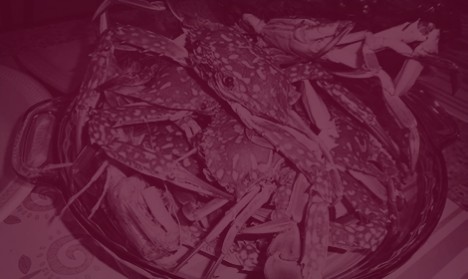
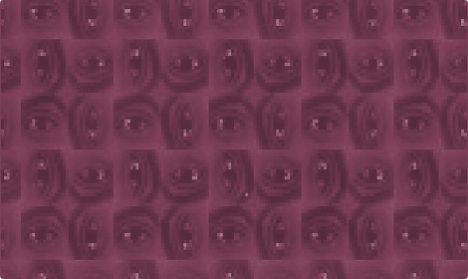




















.jpg)

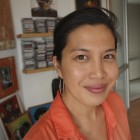



.jpg)
.jpg)
.jpg)

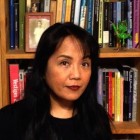
.jpg)
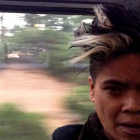
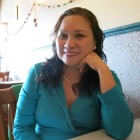



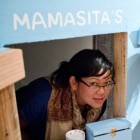

.jpg)

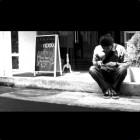

.jpg)


.jpg)
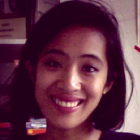


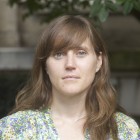

_Cropped.jpg)

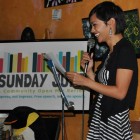
.jpg)
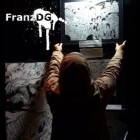


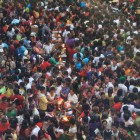


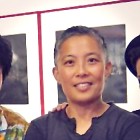
.jpg)
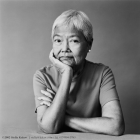
.jpg)


.jpg)
.jpg)
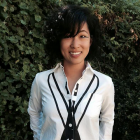

.jpg)


.jpg)




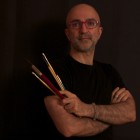

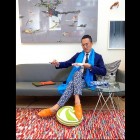
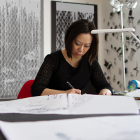


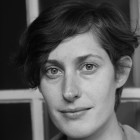
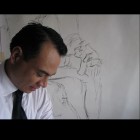
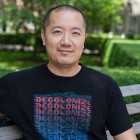
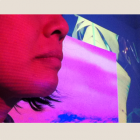

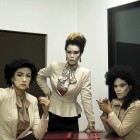
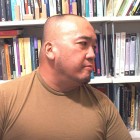
.jpg)

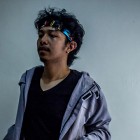




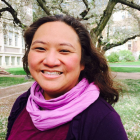



.png)




.jpg)
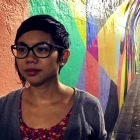
.jpg)
.jpg)



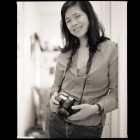
.jpg)

.jpg)
.jpg)



.jpg)
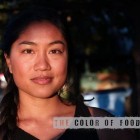
.jpg)
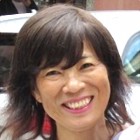

.jpg)
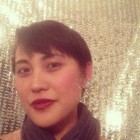
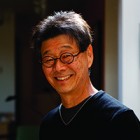
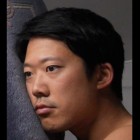
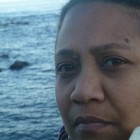

.jpg)






.jpg)
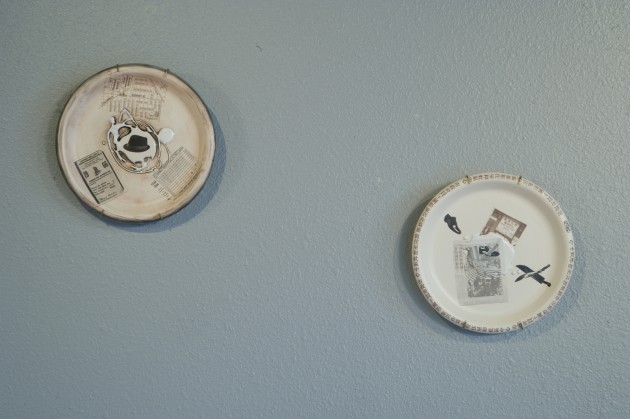

comments
X